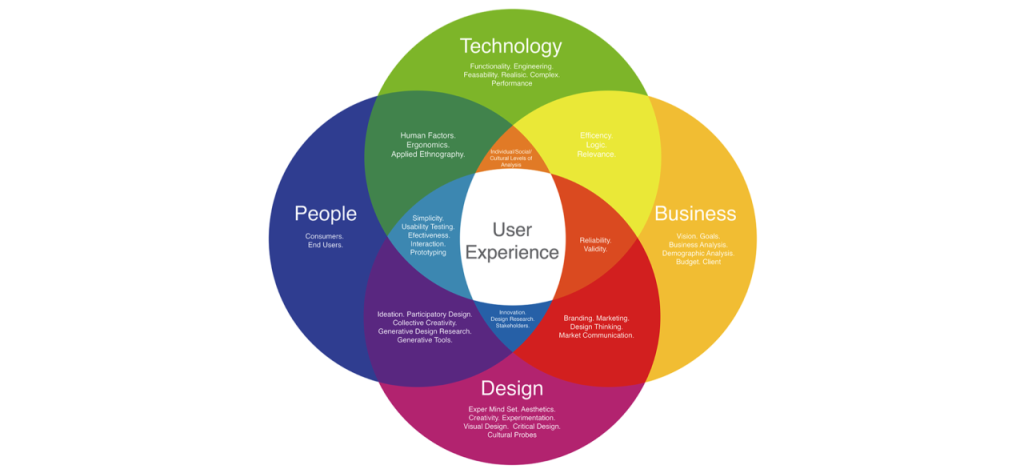
In today’s competitive business landscape, small and medium-sized enterprises (SMEs) are accelerating their digital transformation journeys to stay relevant and efficient. However, transformation without measurement leads to guesswork.
That’s why tracking digital transformation metrics for SMEs is essential to evaluate progress, performance, and ROI. These metrics help organizations understand the real impact of technology adoption across operations, customer experience, and business growth.
Operational Efficiency and Automation
One of the key digital transformation metrics for SMEs is operational efficiency. Measuring process automation rates, workflow optimization, and time saved helps determine the effectiveness of new digital tools.
For instance, an SME that automates invoice processing or inventory tracking can analyze reductions in manual effort and error rates. Metrics like process completion time and cost per operation highlight how technology is improving internal efficiency.
Customer Experience and Engagement
Digital success is often defined by how well an SME serves its customers. Tracking metrics such as customer satisfaction (CSAT), net promoter score (NPS), and customer retention rate helps gauge digital maturity.
SMEs leveraging CRM systems, chatbots, and personalized marketing platforms can measure engagement through response times, conversion rates, and customer lifetime value—key indicators of digital effectiveness.
Digital Revenue Growth
A significant goal of digital transformation for SMEs is to increase revenue through online channels. Measuring digital sales percentage, e-commerce conversion rates, and lead-to-sale ratio helps assess ROI on digital initiatives.
By analyzing data from digital campaigns and online sales platforms, SMEs can identify which technologies drive profitability and which areas need improvement.
Data-Driven Decision-Making
Adopting digital tools is only valuable when data-backed. SMEs can measure the percentage of strategic decisions influenced by analytics or track the usage of business intelligence dashboards.
This metric reflects how well a company leverages digital insights for forecasting, planning, and innovation.
conclusion
digital transformation metrics for SMEs provide a clear roadmap for continuous improvement. By tracking efficiency, customer engagement, revenue, and data utilization, small and medium businesses can measure real progress instead of assumptions.
In 2025, the SMEs that focus on quantifiable digital KPIs will lead in agility, customer loyalty, and long-term growth.
